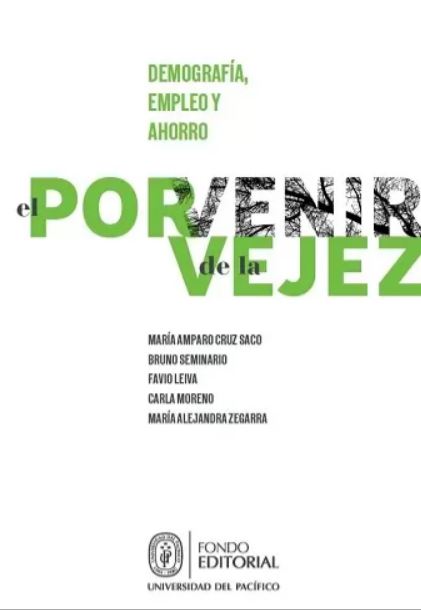US. As Biden turns 80, people ask ‘What’s too old?
Joe Biden turns 80 on Sunday, making him the first octogenarian president in U.S. history. He is set to celebrate his birthday with a brunch hosted by his wife, Jill, a celebration that got an extra lift this weekend with his granddaughter's wedding at the White House on Saturday. With Biden already the oldest person to serve as president, the 2024 race for the White House is shaping up to be uncharted territory for the United States. The nearly 250-year old...










